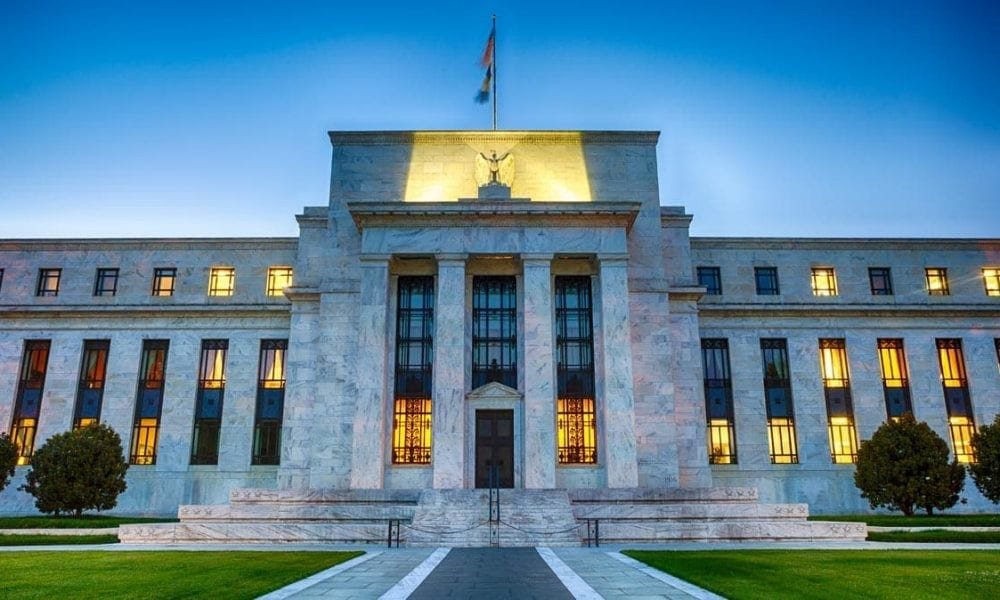
New Rate Hike Announced by Federal Reserve Might Affect the Following Loans (Cars’ Included)

Americans are facing higher borrowing costs after the Federal Reserve announced a new rate hike on Wednesday last week.
On the other hand, the move could prove to be beneficial for bank customers who will see their saving rates go up and receive some decent returns.
Experts predict that the rates on home equity lines of credit, adjustable-rate mortgages, and rates on credit cards will rise, subsequently increasing the monthly payments for Americans.
The aforementioned are revolving loans that have variable rates and hence, will be directly affected by this new move. The Federal Reserve has also increased its short-term rate by a quarter point, moving it from 2 to 2.25 percent. Additionally, it has also maintained its forecast for a subsequent hike this year, and potentially 3 in 2019.
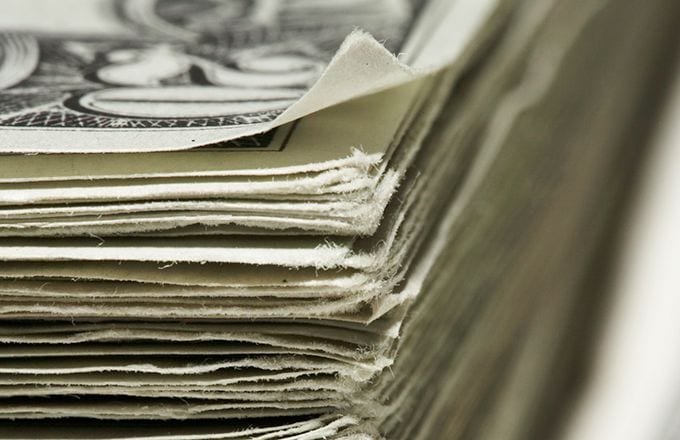
The new quarter-point rate hike will see monthly payments on loans such as adjustable mortgages increase
Consistent Quarter-Point Rate Hikes
According to co-founder of MagnifyMoney, Nick Clements, he predicts that the rates will only continue to go up. Which translates to life becoming rewarding for savers, but expensive for debtors. So if you are currently in debt, this is the most opportune moment for you to get the lowest rate in the market.
It is also predicted that new auto loans could have higher monthly payments. Nevertheless, some car buyers might not feel its effects due to having auto dealer incentives.
Additionally, the trend could trickle into long-term loans and 30-year mortgages. That being said, here are some of the ways that these new might affect consumers.

Americans will find themselves paying more monthly payments for loans and potentially more as new rate hike to be introduced by the end of the year
Adjustable Rate Mortgages, Helocs, Credit Cards
Within weeks of the new rate’s application, these loans will increase in terms of expense primarily because they are normally fixed to a prime rate, which is influenced by the benchmark rate of the Federal Reserve.
As from the data by Bankrate, the average credit-card rate is about 17.31 percent. Hence for a credit card with a balance of $10,000 minimum, the new hike will add about $2 in monthly minimum payments. However, calculating the total of the 8 cumulative hikes since 2015, the monthly payment has risen to $16 a month.
That being said, the rates for home equity lines fall much lower, coming in at 6.07 percent. According to figures released by Bankrate, this quarter-point increase when actualized on a $30,000 line of credit will result in a monthly payment increase of about $6.25. On the other hand, adjustable-rate mortgages have their rates modified on an annual basis. Which means that the impact will be felt only once.
Indeed, the new rate hikes have seen the average rates move up by half a percent to 3.92 percent. This means that an additional $50 will be added to the monthly payment of a $200,000 mortgage.
Fixed-Rate Mortgages
The new Federal Reserve hike will indirectly affect long-term rates and 30-year mortgages in the following ways.
For starters, the rate for a 30-year fixed mortgage has moved from 4 percent to 4.65 percent, primarily because of investors planning adequately for spending increases as well as federal tax cuts.
Additionally, the presence of a healthy economy has resulted in increased inflation.
For home buyers, this will mean that there will be an increase in the monthly bill, though relatively small. It is predicted by the end of the year that the quarter point rate for a mortgage around $200,000 would mean an increase in monthly payments by about $30.
That being said, the already existing fixed-rate mortgages would not see these effects,
That being said, other Federal Reserve moves could also be influential in the whole setup. Last year, the Federal Reserve announced that it would steadily reduce the bond portfolio that it accumulated during the financial crisis aimed at minimizing long-term rates. This would greatly affect fixed mortgage rates.
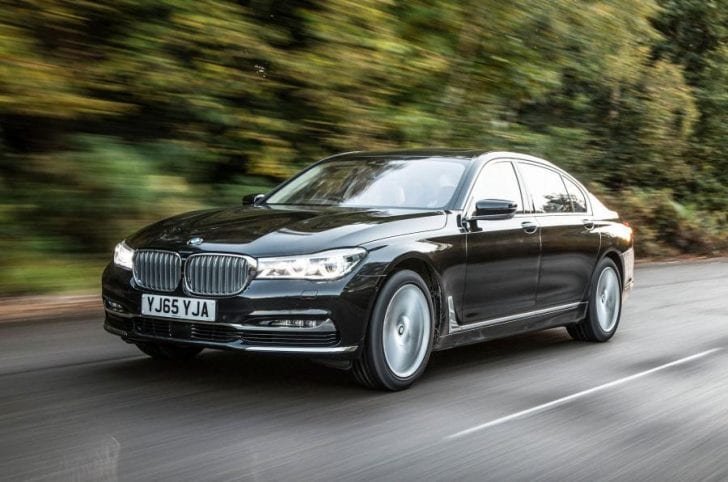
That being said, auto loans will not be greatly affected because most consumers have dealership incentives in place.
Auto Loans
As for auto loans, the new quarter-point rate hike will probably increase monthly payments to about $3 for a new car worth $25,000.
That being said, existing loans would not be affected.
According to chief economist at Lending Tree, Mr. Tendayi Kapfidze, auto manufacturers normally provide discounts to customers during financing so as to encourage the sale of cars, which forces other lenders and banks to compete with these rates.
According to Bankrate data, the current loan rate for five-year auto loans is at an average of 4.8 percent.
More inAdvice
-
`
Honda Reveals All-New Hybrid SUV for Europe: Details and Features
Honda has just announced a brand new hybrid SUV for the European market. The vehicle is set to hit dealerships later...
January 10, 2024 -
`
Tips for Dealing with Car Problems in Extreme Winters
Once again, it’s that time of year. Temperatures plummet into singles and negative digits. Even the wind feels dangerous and painful....
January 10, 2024 -
`
The Differences Between Car Insurance & Car Warranty
Car Insurance: Your Safety Net on the Road First up, let’s talk about car insurance. Think of it as your financial...
January 9, 2024 -
`
Auto Insurance Is Becoming More Expensive as Car Repair Costs Go Up
We have all been there, right? That gut-punch moment when the mechanic hands over the repair estimate, and you are left...
January 8, 2024 -
`
4 Top-Class Cars From the 90s to Buy in 2024
In the 90s, cars were simple, flexible, and comfy. Those cars were fun to drive, cheerful, convenient, and safe. This is...
January 5, 2024 -
`
The Top 6 Innovative Electric Cars on the Road Today
The electric vehicle (EV) revolution is well and truly upon us. Today’s EVs represent the pinnacle of cutting-edge technology and sustainable...
January 3, 2024 -
`
Henry Frader: A Citroen Lover
Car collection is a hobby not everyone can afford. Costly hobbies require a long time to surpass a certain level of...
January 1, 2024 -
`
The Self-Driving Cars: The First Steps to New Regulations
The future in which we will not have to steer our vehicles seems to be just around the corner. However, a...
December 28, 2023 -
`
Impact of High-Tech Cars on Repair Businesses
In Minnetonka, Minnesota, Brandon Mehizadeh oversees a collision shop facing the challenges posed by high-tech cars. A recent incident involving a...
December 27, 2023









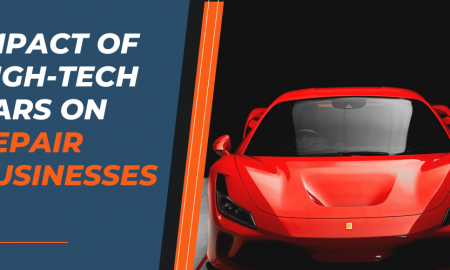



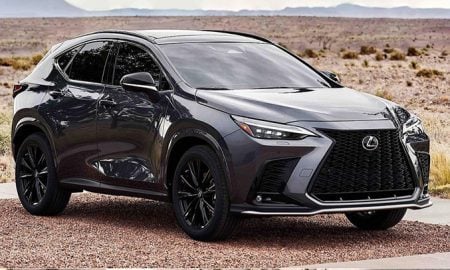
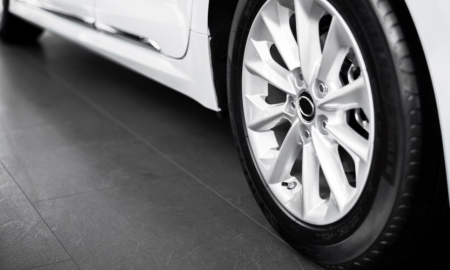
You must be logged in to post a comment Login